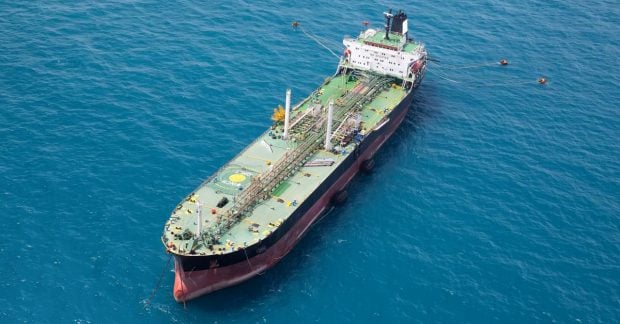Houthi militants based in Yemen have been attacking ships they claim have ties to Israel.
Cargo traffic through Egypt’s vital Suez Canal artery has fallen by 66% as cargo was diverted due to attacks on ships, officials said.
Data from the UK Office for National Statistics (ONS) covers the period from mid-December to early April, writes Sky News.
This is significant because it reflects the scale of supply disruptions across the man-made canal linking the Mediterranean and Red Seas since Iran-backed Houthi militants began shelling ships in the run-up to Christmas last year.
There are fears that rising costs of insurance, fuel and wages risk triggering a new wave of inflation as the rerouting of cargo to Europe from destinations such as China’s manufacturing hub around the southern tip of Africa increases transit times to 14 days.
Separate ONS data showing the rate of price rises has yet to show any real impact on the UK economy, but the Bank of England is among institutions monitoring the situation as a number of companies report a hit from higher costs.
Container prices, for example, have risen more than 300% as the disruption worsened earlier this year.
Houthi militants based in Yemen have been attacking ships they claim have ties to Israel.
They say they act out of sympathy for the Palestinians, and a number of attacks have achieved their targets despite a US-led naval operation to protect shipping in the Red Sea.
The vast majority of major shipping companies have been using the Cape of Good Hope bypass for several months.
Weekly crossings through the Strait of Hormuz off the coast of Iran between February and April showed a “significant reduction” compared to previous years.
Sea traffic volumes were particularly low between weeks five and ten, with crossing volumes down an average of 23% compared to the same weeks the previous year.
Rising oil prices – details
The prospect of more dangerous voyages for tankers has been a factor in rising oil prices.
Brent crude, which traded around $80 a barrel at the start of the year, rose to $91 earlier this month amid volatile tensions over the conflict in the Middle East.
This event culminated in attacks between Israel and Iran.
It is currently trading at $88, reflecting a lack of growth since last week.
Experts warn they may have to move on as a weaker pound against the dollar this month will push oil prices higher as commodity prices are denominated in US currencies.








